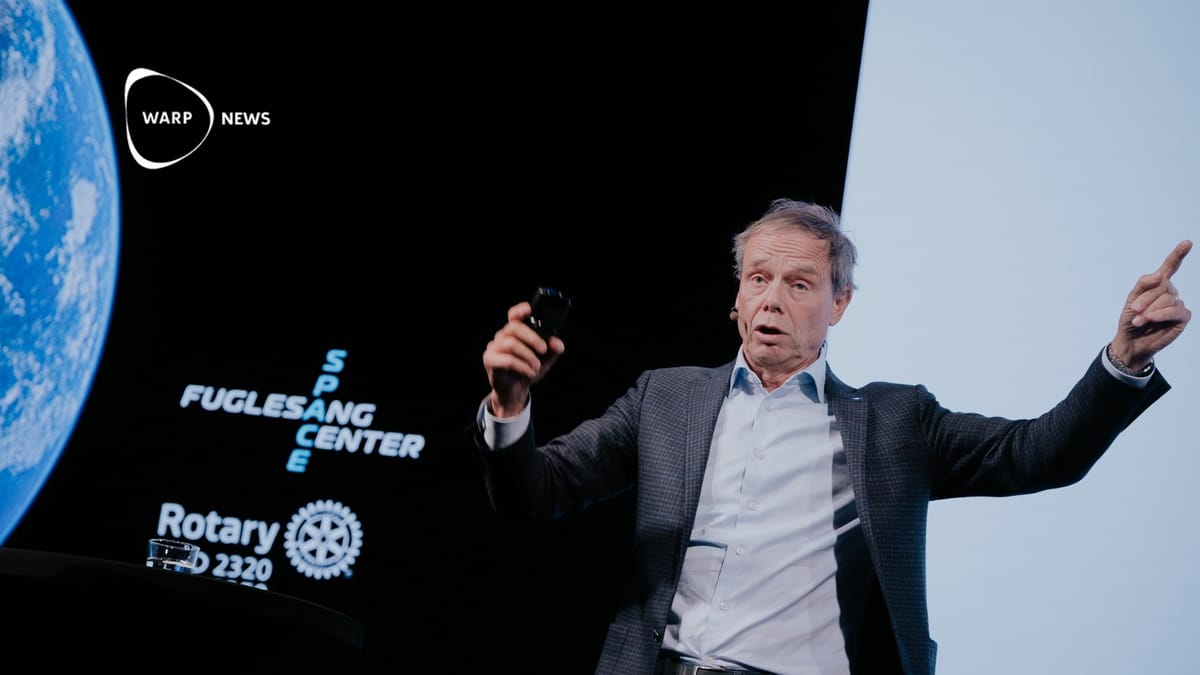
🎈 Startup wants to cool the Earth with lots of balloons
Make Sunsets has released 82 balloons with sulfur dioxide into the stratosphere. Solar radiation management is controversial but could potentially reduce global warming quickly and cost-effectively.
Share this story!
- Make Sunsets has released 82 balloons with sulfur dioxide into the stratosphere.
- The company has over 500 customers who buy "Cooling Credits" to offset their carbon dioxide emissions.
- Solar radiation management is controversial but could potentially reduce global warming quickly and cost-effectively.
Balloons with sulfur dioxide are released into the stratosphere
Make Sunsets, a startup founded by Luke Iseman and Andrew Song, has begun conducting experiments with solar radiation management. The company releases balloons filled with a mixture of sulfur dioxide and helium or hydrogen into the stratosphere. As the balloons rise, they expand until they burst and release their light-reflecting contents, writes Freethink.
So far, Make Sunsets has sent up 82 balloons, which according to their calculations offsets the warming effect of 53,800 tons of carbon dioxide. This can be compared to the approximately 37 billion tons of carbon dioxide emitted annually worldwide.
Cooling credits sold to customers
Make Sunsets finances its operations by selling "Cooling Credits" to individuals and companies who want to offset their carbon dioxide emissions. Each credit costs 10 dollars and corresponds to the release of 1 gram of sulfur dioxide into the stratosphere, which according to the company offsets the warming effect of 1 ton of carbon dioxide for one year.
The company now has over 500 customers.
Controversial method with potential risks
Solar radiation management, especially the method called "stratospheric aerosol injection," is controversial. Critics warn of potential negative consequences such as thinning of the ozone layer, altered precipitation patterns, and impacts on food production.
There are also ethical questions about intentionally influencing the climate without global consent. Over 500 scientists have signed an open letter advocating for a ban on solar radiation management.
Research and debate continues
Despite the controversy, many researchers believe more research on solar radiation management is needed. The UK's Advanced Research and Invention Agency has recently announced 75 million dollars in funding for research on climate cooling. Over 100 climate scientists have also signed an open letter advocating for a "rigorous, rapid scientific evaluation" of stratospheric aerosol injection and other forms of solar radiation management.
Astronaut Christer Fuglesang and economics professor John Hassler have parasol a space parasoll to reduce the planet's temperature.
By becoming a premium supporter, you help in the creation and sharing of fact-based optimistic news all over the world.




